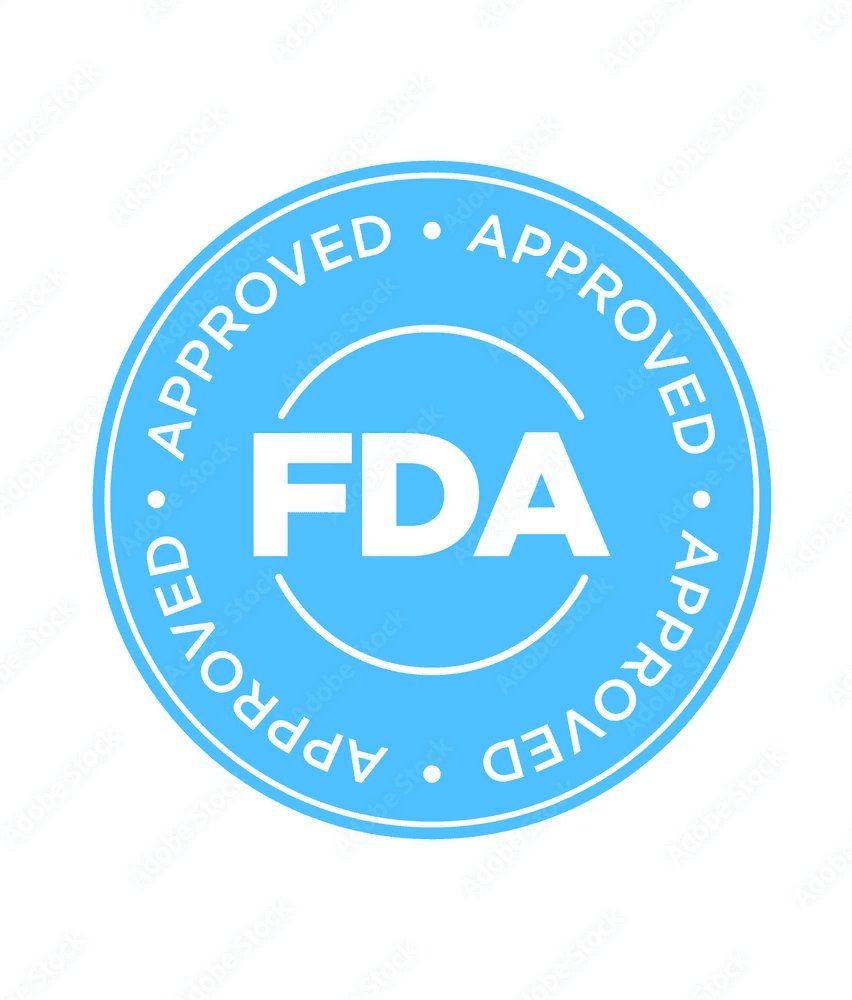With decades of experience ARE Labs Inc. has been a leader in cGLP Regulatory Compliance Testing, specifically tailored for drug delivery devices. Our depth of experience encompasses Metered Dose Inhaler (MDI) testing and a comprehensive array of FDA compliance testing services, including nebulizer 510(k) testing, MDI 510(k) compliance, spacer 510(k) testing, and intranasal delivery device 510(k) testing. Our commitment to excellence in regulatory compliance positions us as an unparalleled partner in pharmaceutical device testing.
ARE Labs Inc. has been a leader in cGLP Regulatory Compliance Testing for drug delivery devices for over seven years, specializing in Metered Dose Inhaler (MDI) testing and other devices. Our expertise in FDA 510(k) compliance testing encompasses nebulizers, MDIs, spacers, and intranasal delivery devices, distinguishing us in the industry for our comprehensive regulatory testing services.
FDA Guidance Documents (Search FDA database for latest versions):
"Metered Dose Inhaler (MDI) and Dry Powder Inhaler (DPI) Drug Products Chemistry, Manufacturing, and Controls Documentation"
"Nasal Spray and Inhalation Solution, Suspension, and Spray Drug Products Chemistry, Manufacturing, and Controls Documentation"
"Bioavailability and Bioequivalence Studies for Nasal Aerosols and Nasal Sprays for Local Action"
Guidance on Container Closure Systems for Packaging Human Drugs and Biologics
Guidance on "Use of International Standard ISO 10993-1..." (Biocompatibility)
Specific guidance related to ventilators, CPAPs, nebulizers (often updated, especially post-pandemic).
Premarket Submissions: 510(k) pathway (demonstrating substantial equivalence) or PMA pathway (demonstrating safety and effectiveness) often require testing according to recognized consensus standards (like ISO, USP).
USP<5> Inhalation and Nasal Drug Products—General Information and Product Quality Tests: Foundational chapter covering general tests, principles, and quality attributes for inhaled products.
USP <601> Aerosols, Nasal Sprays, Metered-Dose Inhalers, and Dry Powder Inhalers: Core chapter detailing specific tests for these dosage forms, including:
USP <1601> Products For Nebulization Characterization Tests: Specific tests for solutions/suspensions intended for nebulization (e.g., output rate, particle size).
USP <1602> Spacers and Valved Holding Chambers: Tests for add-on devices used with MDIs.
USP <776> Optical Microscopy: Relevant for particle size and morphology characterization
DEA Schedule 1 Drugs
International Organization for Standardization (ISO) - Often global standards, particularly crucial for medical device safety, performance, and biocompatibility.
ISO 18562 Series - Biocompatibility evaluation of breathing gas pathways in healthcare applications: VERY relevant for ventilators, CPAP, nebulizers, inhalers. Focuses on leachables, volatile organic compounds (VOCs), and particulates coming from the device.
ISO 18562-2: Tests for particulate matter emissions.
ISO 18562-3: Tests for emissions of volatile organic compounds (VOCs).
ISO 27427: Anaesthetic and respiratory equipment — Nebulizing systems and components.
ISO 80601 Series: Specific safety and performance standards for medical electrical equipment, including:
ISO 80601-2-12: Critical care ventilators.
ISO 80601-2-72: Home healthcare environment ventilators.
ISO 80601-2-74: Respiratory high-flow therapy equipment.
ISO 20072: Aerosol drug delivery device design verification — Requirements and test methods.
ISO 21501 Series: Determination of particle size distribution — Single particle light interaction methods (relevant to particle sizing instruments).
European Union (EU) - Regulations (MDR/IVDR) and EMA guidelines. EN standards often harmonize with ISO.
MDR (Medical Device Regulation (EU) 2017/745): Primary regulation for medical devices in the EU. Requires demonstration of safety and performance, often referencing harmonized standards (EN ISO).
EMA (European Medicines Agency) Guidelines: Similar scope to FDA guidance, covering quality, non-clinical, and clinical aspects of inhaled products, bioequivalence, etc.
EN (European Norm) Standards: Often direct adoptions of ISO standards (e.g., EN ISO 10993, EN ISO 18562, EN ISO 27427). Check the Official Journal of the European Union for lists of harmonized standards under the MDR.
V. ASTM International (ASTM) - Primarily materials testing, but some relevant methods.
Standards related to the physical/mechanical properties of plastics, elastomers, metals used in device construction.
ASTM D4169: Standard Practice for Performance Testing of Shipping Containers and Systems (relevant for packaging/stability).
ASTM F2101: Standard Test Method for Evaluating the Bacterial Filtration Efficiency (BFE) of Medical Face Mask Materials (related concept).
VI. International Council for Harmonisation (ICH) - Guidelines primarily for pharmaceutical quality, stability, impurities, and validation.
ICH Q1A-Q1F: Stability Testing (crucial for formulation).
ICH Q2: Validation of Analytical Procedures.
ICH Q3A-Q3E: Impurities.
ICH Q6A/Q6B: Specifications: Test Procedures and Acceptance Criteria.







